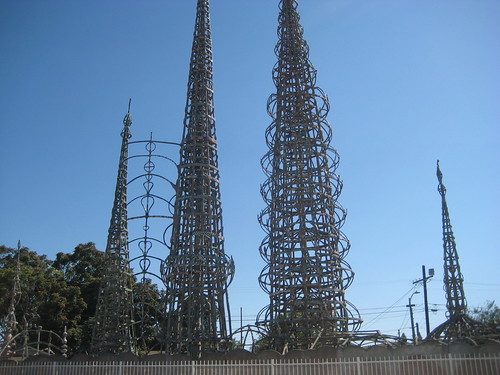Troll communicators
When I started my agency life; PR people tried not to be the story. The idea was to let the client be the story, whether you were inhouse or agency side. An exception to this would be agency leaders trying to raise the brand profile of their agency and senior political advisers.
The modern era of troll communicators finds its roots in social.
Product blogs
After the dot com boom blogging started to flourish in Silicon Valley. Companies like Google and Microsoft to develop product blogs over the next few years. These would often take the place of a press release to announce the launch of a new product or feature. Part of the reason for this was the speed of product launches versus approvals.
A product blog post had to comply with the social media guidelines, but didn’t go through the legal overview like a press release would. It was essentially a ‘hack’ of the existing marketing infrastructure for a lot of businesses.
On social
Some communicators like Wadds and Frank X Shaw embraced the new format for professional reasons. Frank had started his blog around the same time as he moved from agency-side to work for client Microsoft in an inhouse role. Previously it had been a blog on the website of the agency where he worked.
Over time, Shaw used his Glasshouse blog and Twitter to articulate his own opinions. He bleeds Microsoft so his views aren’t too far from the corporate line. While he might put together a forceful argument; I’ve always found him to be unfailingly polite. So far away from the troll communicators of today.
Going around the media
At some point, conventional media relations at the corporate headquarters of many firms became less important. Announcements just came out on the blog posts unmediated by the media.
Thought leadership activities also changed. Rather than doing interviews or op-eds*; corporate leaders would do essays on their blogs. Speaking to senior technology leaders; you often hear Marc Andreessen’s essay Why Software Is Eating The World cited as an example of what they want. (They often forget that it actually appeared first in the Wall Street Journal and was republished on the Andreessen Horowitz blog the same day.)
Media are awkward, they hold you to account and ask questions that you’re not that interesting in answering. It doesn’t fit in with their self image being an Adrian Veidt / Ozymandias type character.
Where the media writes something about the company that they haven’t cooperated with and don’t agree with – owned media channels provide the platform for response. And the last word.
It’s from this that you get the strangely passive-aggressive troll communicators. More PR related posts here.
Op-ed is a shortened version of the American term opinion editorial or opinion piece in European English*


